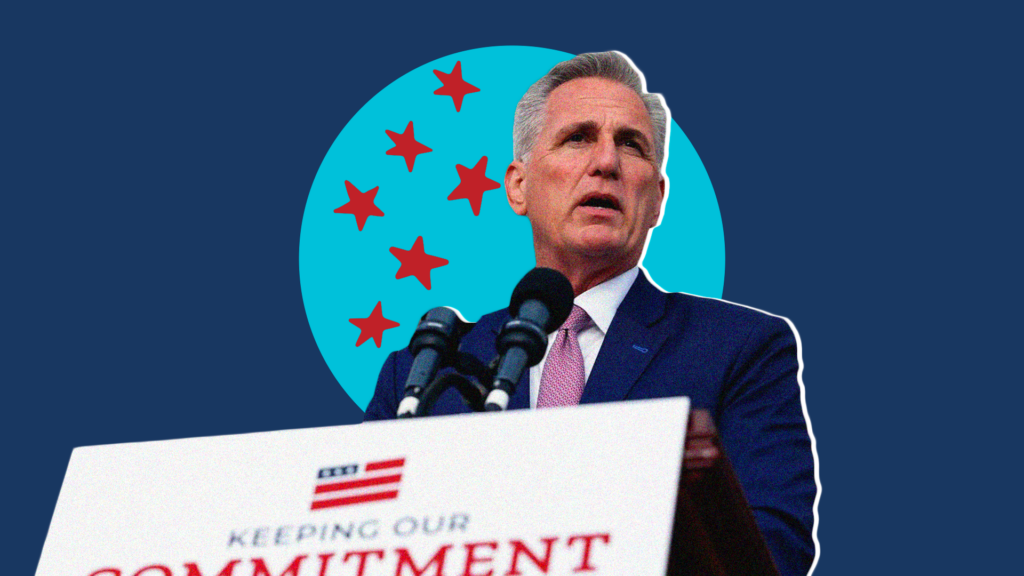Which Republican Candidates Can Make the Flat Tax Work and Help the Economy?
During last week’s Republican debate in Charleston, Senator Marco Rubio attacked Senator Ted Cruz for being in favor of "a VAT tax." Cruz responded that his flat tax plan of 16 percent has the full endorsement of "Reagan economist Arthur Laffer." He was referring to a joint statement by the two of us entitled: "The Cruz/Paul Flat Tax is the Best Tax." (Senators Cruz and Paul have endorsed similar tax reforms.)
Yes, we have long loved the flat tax and devoted our last book, "Return to Prosperity: How America Can Regain Its Economic Superpower Status" to explaining how an ideal flat tax with a broad base and the lowest possible tax base would work. The Cruz and Paul plans are roughly based on that work.
This isn’t the only way to go, and we’ve also said we like a lot of the other candidate plans as well.
Ben Carson wants a low-rate flat tax too. Mike Huckabee is pushing a national sales tax to replace the income tax. Jeb Bush, John Kasich and Donald Trump want to cut tax rates, which now reach 40 percent, down to between 15 and 25 percent while eliminating unnecessary deductions and carve-outs.
Ironically, only Senator Rubio, the flat tax attacker, has a plan that adds tax credits and keeps income tax rates relatively high – though at 35 percent, his rate is still lower than in the current code.
One goal of nearly all these plans is to super-charge growth by dramatically lowering the business tax rate (now the highest in the world) and reducing the punitive double taxation of investment income.
This contrasts sharply with the two Democratic candidates, Hillary Clinton and Bernie Sanders, who seem to be in a weekly bidding war to see who can raise tax rates the most.



